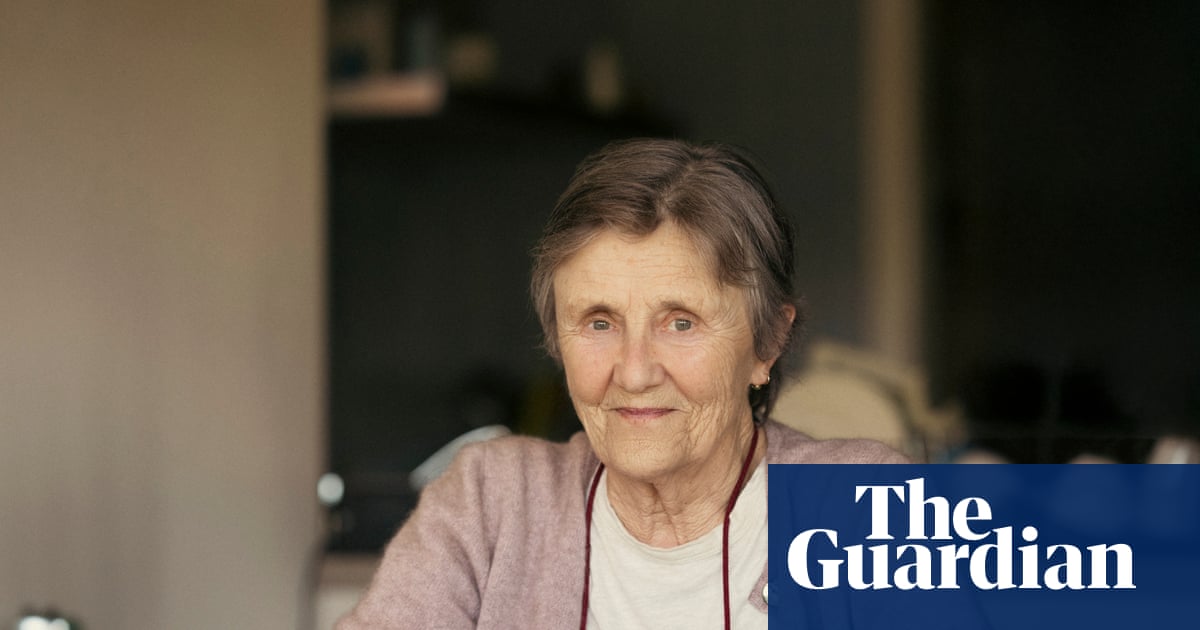Australian author Helen Garner has been named the winner of the 2025 Baillie Gifford prize for nonfiction for How to End a Story, becoming the first writer to win the prestigious award with a collection of diaries.
The announcement of the £50,000 award was made on Tuesday evening at a ceremony in London. Robbie Millen, chair of judges and the literary editor of the Times, described Garner’s collection as “a remarkable, addictive book,” and said the decision had been unanimous among the six judges. “Garner takes the diary form – mixing the intimate, the intellectual, and the everyday – to new heights.”
The Baillie Gifford is widely regarded as the UK’s most prestigious prize for nonfiction. It is the first major literary award Garner has won in the UK, though she is one of Australia’s most celebrated authors, where her honours include the 2023 Australian Society of Authors medal, the 2019 Australia Council award for lifetime achievement in literature, and the 2006 Melbourne prize for literature. She also won the 2016 Windham-Campbell literature prize administered by Yale University.
Garner, 82, has long been recognised for her sharp-eyed, often uncompromising examinations of domestic life, creativity and morality. Born in Geelong, southern Australia, in 1942, she worked as a high school teacher and journalist before publishing her debut novel, Monkey Grip, in 1977. She has since written fiction, screenplays and nonfiction, including The Children’s Bach and This House of Grief.
How to End a Story collects decades of Garner’s diaries, tracing her life from bohemian Melbourne in the 1970s through an intense love affair in the 1980s to the breakdown of her marriage in the 1990s. The entries are characterised by what the judges called “devastating honesty, steel-sharp wit and an ecstatic attention to the details of everyday life.”
Millen praised the breadth and humanity of the diaries, which run to 832 pages. “It’s a big book,” he said, “but Garner is such good company – funny, original, clever, self-lacerating, always interesting – that we didn’t want the story to end.”
How to End a Story was published to widespread critical acclaim. Rachel Cooke in the Observer called the diaries “the greatest, richest journals by a writer since Virginia Woolf’s.”
Garner’s next work of nonfiction, The Mushroom Tapes: Conversations on a Triple Murder Trial, co-authored with Chloe Hooper and Sarah Krasnostein, will be published in the UK on 20 November, based on the infamous Erin Patterson mushroom murder trial.
after newsletter promotion
Baillie Gifford, the Edinburgh-based investment management firm that has sponsored the prize since 2016, has come under fire in recent years because of its investments in fossil fuels and companies with links to Israel. Last year, boycotts of literary festivals it had sponsored, organised by the campaign group Fossil Free Books, led to the termination of partnerships between Baillie Gifford and nine festivals.
Last year’s winner, Australian author Richard Flanagan, said he would not accept the £50,000 prize money until the fund manager shared a plan to reduce its investments in fossil fuel extraction and increase investments in renewables. At a press conference held to announce the shortlist, prize director Toby Mundy said that Flanagan had had a “candid” conversation with the fund manager, but the ultimate result was that the author did not accept the money and it will instead be donated to a literacy charity.
Alongside Garner’s, the other titles shortlisted this year were The Revolutionists by Jason Burke, The Boundless Deep by Richard Holmes, Captives and Companions by Justin Marozzi, Lone Wolf by Adam Weymouth, and Electric Spark: The Enigma of Muriel Spark by Frances Wilson.
The Baillie Gifford was originally founded as the Samuel Johnson prize in 1999. Past winners include Antony Beevor, Jonathan Coe, Serhii Plokhy, Hallie Rubenhold and Katherine Rundell.
This year’s judging panel comprised Millen, historian Pratinav Anil, journalist and broadcaster Inaya Folarin Iman, author and previous Baillie Gifford winner Lucy Hughes-Hallett, the Economist’s deputy culture editor Rachel Lloyd, and author and biographer Peter Parker. The panel selected the winner from more than 350 books published between November 2024 and October 2025.
-
To order How to End a Story and browse the shortlist, visit guardianbookshop.com. Delivery charges may apply.
